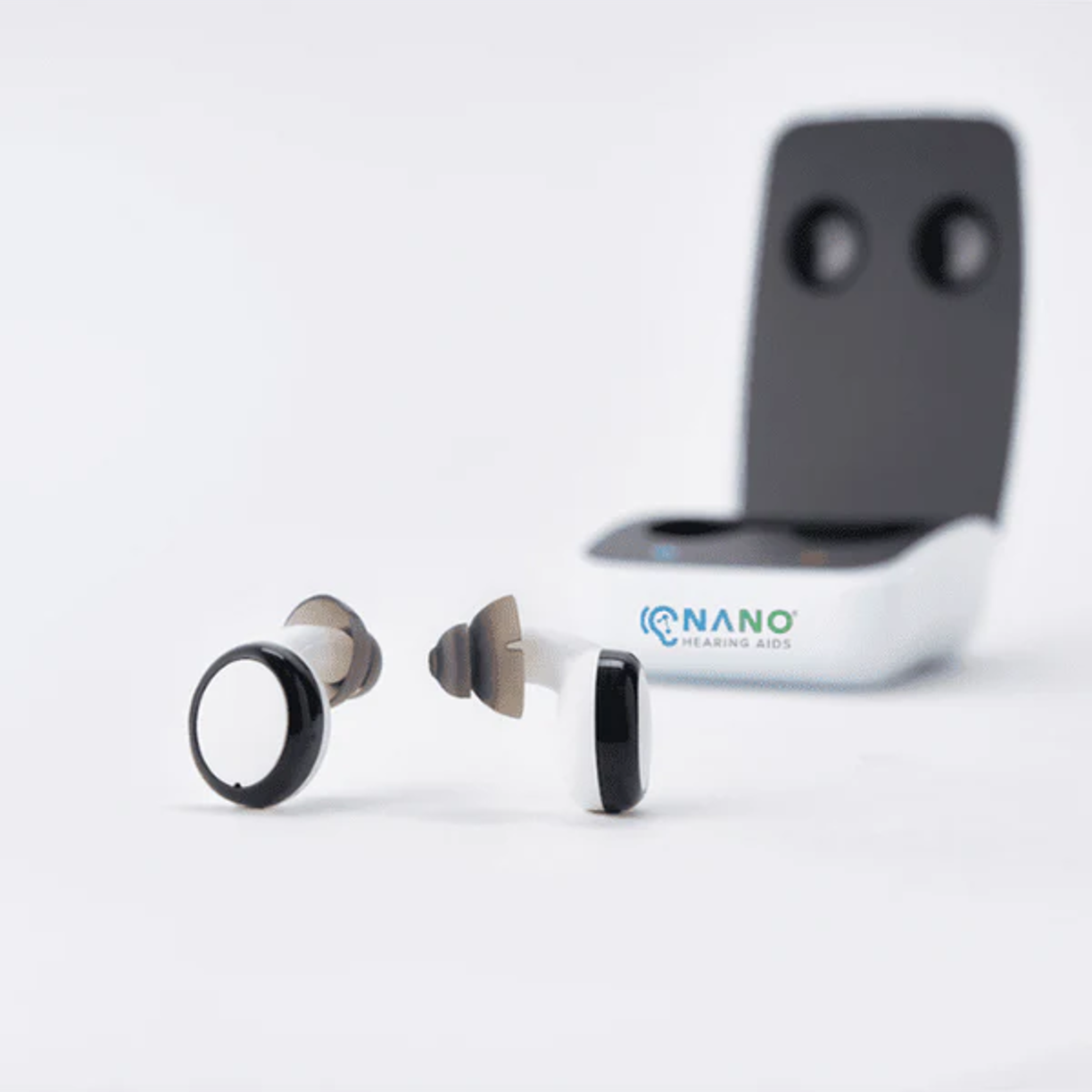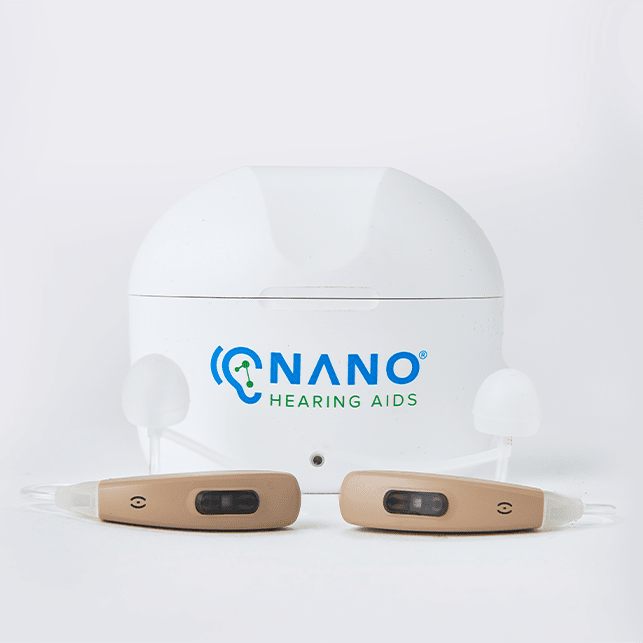Key Takeaways
NANO Hearing Aids are FDA-registered, Class I devices. Our OTC hearing aids are designed for individuals over 18 years of age with perceived mild to moderate hearing impairment. With prices starting at just $297, they offer a viable solution for those looking to improve their hearing without breaking the bank.
Understanding the Issue: Static Noise in Hearing Aids
Static noise in hearing aids is a common issue that can significantly disrupt sound clarity, making it difficult to understand speech and other important sounds. Whether it's a continuous hissing or intermittent buzzing, this unwanted noise can be frustrating for users.
Understanding the underlying causes of static noise is the first step in effectively addressing the problem.
Effects of Static Noise on Hearing Aid Users
Static noise can negatively impact hearing aid users, making it crucial to address the issue promptly.
Disruption in Hearing
Diminished Device Performance
Increased Frustration and Stress

Ensuring a secure fit can help minimize static noise in hearing aids
Methods to Fix Hearing Aid Static Noise
Fixing static noise in hearing aids can often be done at home, but there are times when professional assistance is necessary.
Battery Maintenance
Proper Cleaning Techniques
Protecting Your Hearing Aids from Moisture
Seeking Professional Repairs
Professional repairs may include replacing faulty components, recalibrating the device, or updating the software.
Additional Tips for Hearing Aid Care
Regular Check-ups with Audiologists
Using the Right Accessories
These small investments can significantly enhance the performance and longevity of your hearing aids.
Storing Hearing Aids Properly
Proper storage is crucial for maintaining the functionality and longevity of your hearing aids.

NANO hearing aids come with protective cases that also charge the devices
How Nano Hearing Aids Can Help

NANO hearing aids come with protective cases that also charge the devices
At Nano, we aim to make your experience with our devices as hassle-free as possible. That's why we've ensured that our patrons have access to the best after-sales care with every purchase.
When you order our FDA-registered, Class I hearing aids, such as the First Ear Pro CIC, you have the support of a US-based team of product experts available 24/7. Whether you have questions or need assistance with issues like static noise, we're here to help.
If you’re worried about static noises or other potential device issues, choose Nano for the most proactive after-sales support in the industry.
Frequently Asked Questions:
Why do I hear static noise in my hearing aid?
Static noise in hearing aids can result from battery issues, moisture, dirt, or defective electronics. Regular maintenance and proper handling can help prevent these problems.
Clean your hearing aid daily to prevent dirt and debris from causing static noise. Use a soft, dry cloth and a small brush or wax pick for thorough cleaning.
Always use batteries recommended by your hearing aid manufacturer. High-quality batteries from reputable suppliers ensure consistent power and reduce the risk of static noise.
Use a drying kit regularly to remove moisture from your hearing aids. Avoid exposing your hearing aids to water or high humidity, and store them in a dry, cool place when not in use.
Nano OTC hearing aids are designed to minimize issues like static noise while providing a clear, high-quality sound experience. Our FDA-registered, Class I medical devices are safe, reliable, and equipped with customizable settings to help prevent common problems like static.



